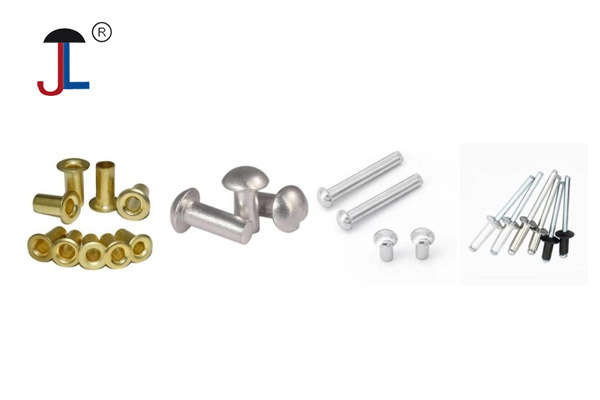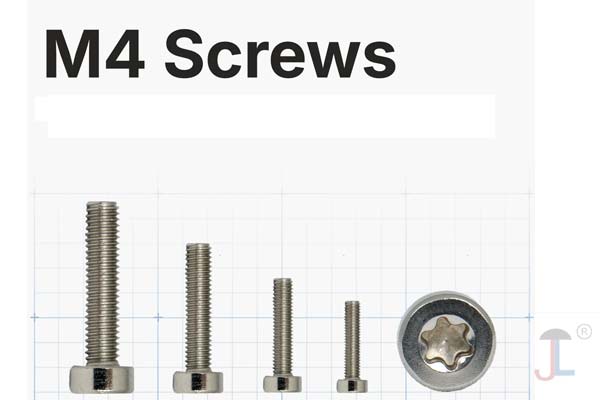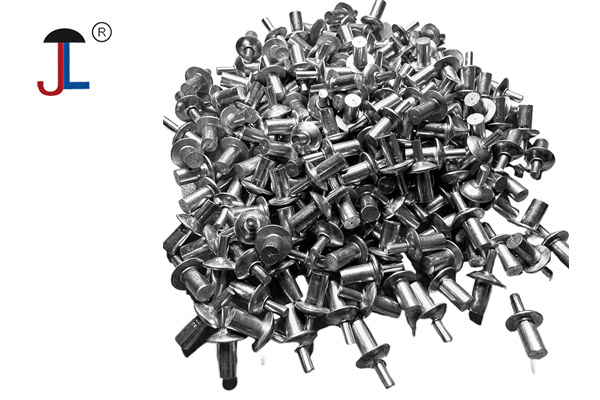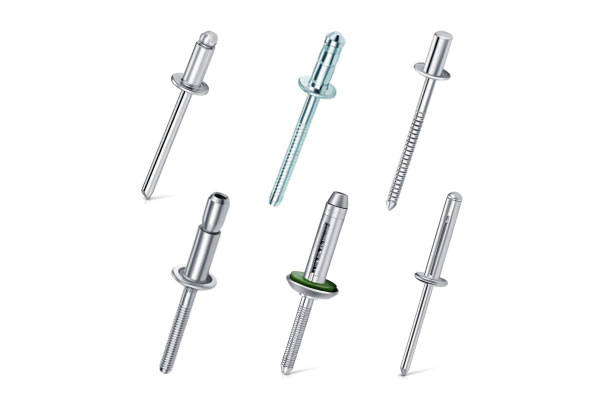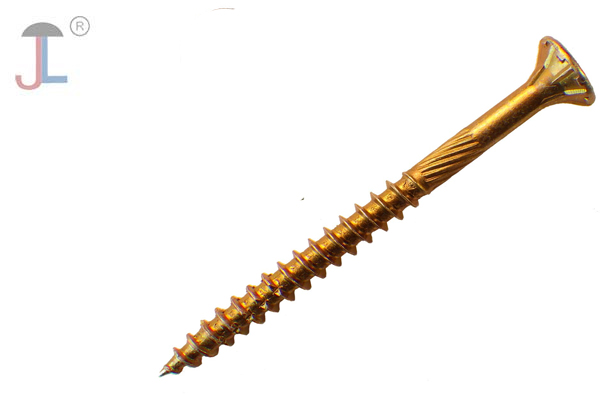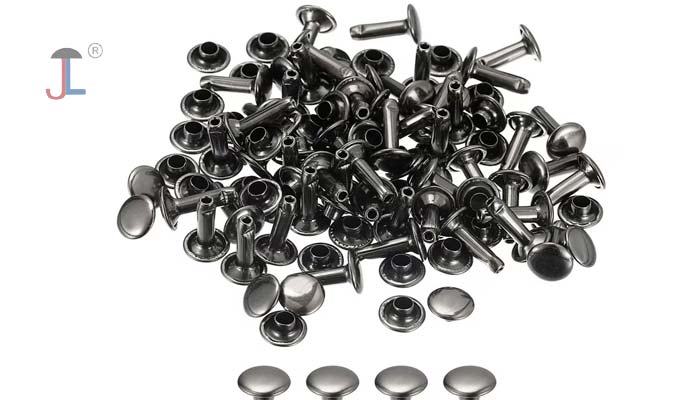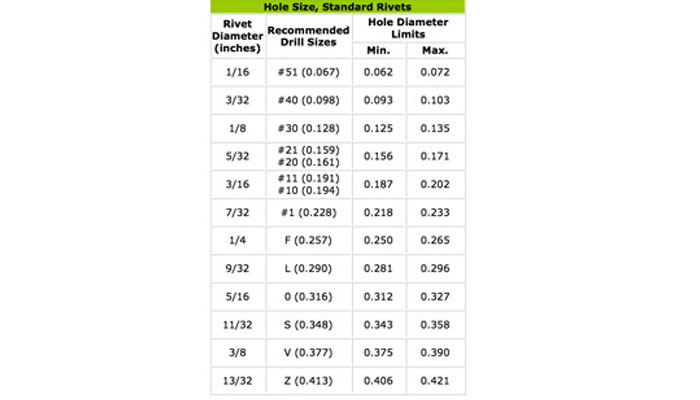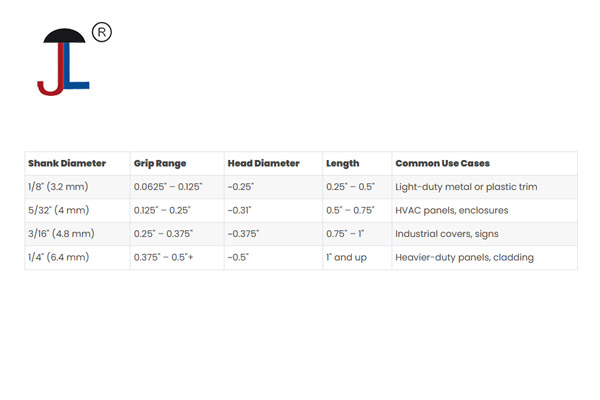No, in most cases, bolts are stronger than rivets. Bolts generally offer higher tensile and shear strength due to their threaded design, which provides a stronger clamping force. Rivets, on the other hand, rely on deformation and expansion to create a secure joint, and their strength is often lower than that of comparable bolts.
Bolts:
- Higher tensile strength: Bolts are designed to withstand pulling forces, and their threaded design provides a strong grip.
- Higher shear strength: Bolts can resist forces that try to slide or cut through the connection.
- Versatility: Bolts can be used in a wider range of material thicknesses and applications.
- Reusability: Bolts can be loosened and tightened, making them suitable for applications requiring disassembly and reassembly.
Rivets:
- Lower tensile strength: Rivets generally have a lower tensile strength compared to bolts.
- Lower shear strength: Rivets may not be as strong in resisting shear forces as bolts.
- Single-use: Rivets are typically designed for one-time installation and cannot be easily removed without damage.
- Ideal for specific applications: Rivets are suitable for applications requiring a permanent, non-removable joint or when working with thin materials or vibration-prone areas.
- Lower cost: In some cases, rivets can be more cost-effective than bolts, especially in large-scale applications.
Factors Affecting Strength:
- Material: The strength of both rivets and bolts depends on the material they are made from (e.g., steel, aluminum, titanium).
- Size and design: The dimensions and design of the fastener play a significant role in its strength.
- Application: The type of load (tension, shear, etc.) and the materials being joined will influence which fastener is more suitable.
Conclusion:
While rivets can be suitable for certain applications, bolts generally offer higher overall strength and are preferred when strength and reusability are critical.

